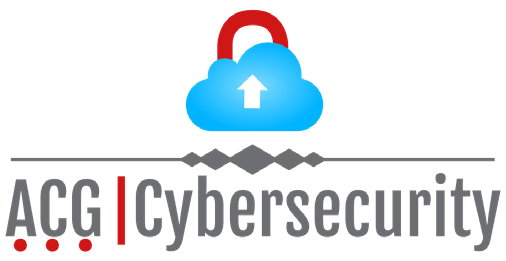Introduction to Cybercrime
Satisfaction rate
4.5
Success rate
5

Understanding and Practising the Fundamentals of Digital Investigation forensic
The target audience for training
- IT professionals, security analysts, system/network administrators.
- SOC, CERT/CSIRT teams, beginners in digital forensics.
- Students and professionals switching to technical cybersecurity.
What you will learn
- Understanding fundamental principles of computer forensics.
- Know the complete digital investigation cycle acquisition, analysis and documentation.
- Identify critical artefacts on Windows, Linux, Mac and network systems.
- Discover the tools and best practices for preserving digital evidence.
- Learn about techniques for investigating email, malware and the web/dark web.
- Master the basics of compliance, traceability and evidence standards.
Training programme
- Duration: 1 day
- Home & context The role of digital forensics in cyber security
- Module 1 Introduction to digital forensics and the investigation process
- Module 2 File systems, disks & data acquisition
- Module 3 : Analysis of Windows, Linux & Mac OS systems
- Module 4 : Network, email and web incident investigation
- Module 5 : Advanced forensics: anti-forensics, dark web and malware
- Practical guided workshop Investigation scenario with artefacts
- Debriefing and assessment MCQs
Assessment procedures
- MCQs at the end of the course on the key stages of the investigation.
- Debriefing a mini-scenario based on simple artefacts.
Teaching methods
- Facilitated by a certified forensic expert (e.g. CHFI, GCFA, etc.).
- Presentations enhanced by practical demonstrations.
- Workshop with simulated artefacts and basic tools (Autopsy, FTK Imager, etc.).
- Documentation provided (investigation plan template, checklists, open-source tools).
Training objectives
At the end of the day, participants will know :
- Identify the main stages in a compliant digital investigation.
- Detect and extract digital evidence from systems, networks and web environments.
- Understand how data is stored, copied, hidden or deleted.
- Applying good evidence acquisition and preservation practices.
- Use basic tools to collect, examine and document incidents.
Training prerequisites
- Basic knowledge of operating systems and networks.
- An interest in technical cybersecurity (beginner to intermediate level).
Tarif
- 2440 €
- Language : French
- Level : Fundamental
- Certification body : ACG CYBERACADEMY
- Certification: No
- Accessibility : Yes
- Duration: 1 day
Important information:
Our courses are not registered with the Répertoire National des Certifications Professionnelles (RNCP), but they do comply with the requirements of the Répertoire Spécifique (RS).
